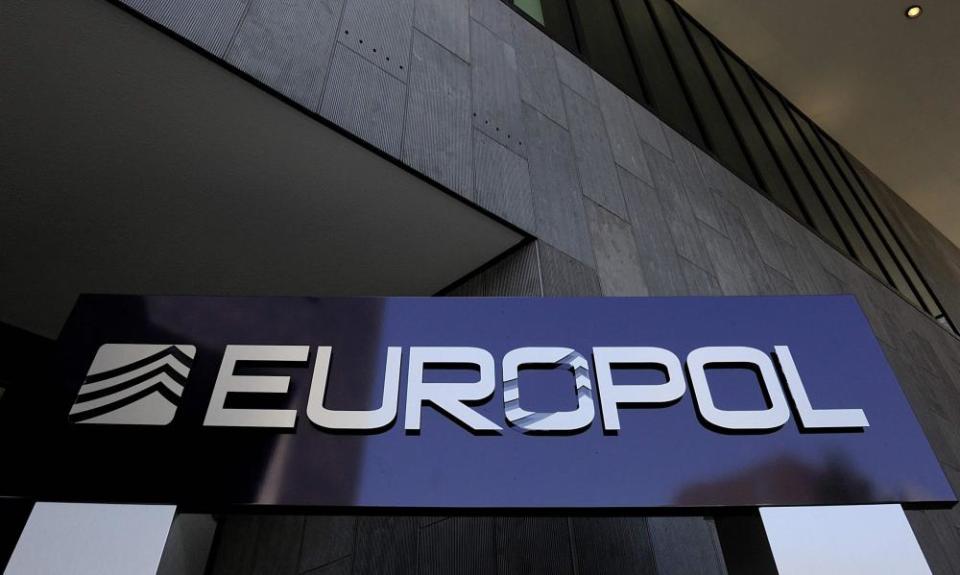UK calls for treaty on post-Brexit security cooperation with EU

British-European cooperation on tackling terrorism and crime will “fall well short of current capabilities”, increasing the risk for citizens across Europe, without a new security treaty post-Brexit, the UK government has said.
The government’s “future partnership paper” on security, law enforcement and criminal justice, published on Monday, outlines an “ambitious” model of cooperation outside the jurisdiction of the European court of justice.
Whitehall officials say they are optimistic that Britain will be able to negotiate a new security treaty underpinned by a new legal framework outside the direct jurisdiction of the ECJ.
The Brexit paper says the alternative is to limit law enforcement cooperation to those areas where a precedent for cooperation already exists between the EU and other third countries.
“While this would be one possible approach, it would result in a limited patchwork of cooperation falling well short of current capabilities. It would also fall short of current channels used to assess the strategic threats facing European countries – threats that will still be shared after the UK withdraws from the EU,” it says.
“A piecemeal approach to future UK-EU cooperation would therefore have more limited value, and would risk creating operational gaps for both the UK and for its European partners, increasing the risk for citizens across Europe.”
One example cited is the sharing of passenger name record data relating to air travel in and out of Europe. Existing agreements for third countries do not require them to work together on using records of passenger names to identify travel patterns of terror or crime suspects in the same way that EU countries can under the relevant EU directive. The US, for example, has more limited access to Europol databases and analysis than Britain does as a full EU member.
The British government paper says it envisages a “comprehensive framework for future security, law enforcement and criminal justice cooperation” with a treaty that provides for the obligations on both sides and spelling out a mechanism to resolve disputes. This approach is preferred to a number of separate agreements covering each area of law enforcement.
The paper stresses that Britain wants to build on longstanding close collaboration on internal security and shared traditions of respect for the rule of law and protection of human rights to build a treaty that goes beyond the existing, often ad-hoc arrangements for other third countries in this area.
The areas that Britain wants to maintain its participation include:
• Continued membership ofEuropol, which currently has a British director.
• Replication of the provisions of the European arrest warrant system under which suspects can be speedily extradited between European states, without belonging to the system.
• Continued participation in the European passenger name records database, which was developed by the UK to identify terror and serious crime suspects travelling across Europe.
• Participation in the Schengen Information System II, which last year provided 9,500 alerts to British police and enforcement agencies about sex offenders and other criminal suspects.
• Use of the Europol internet referral unit, which was set up in 2015 after the Charlie Hebdo attack in France, which secures the removal of terrorist and violent extremism content from the web.
• Continuation of the Prum agreement, which allows countries to share DNA, fingerprint and vehicle registration data.
The Brexit secretary, David Davis, said: “Together with the EU we have developed some of the world’s most sophisticated systems in the fight against crime because cross-border cooperation is absolutely crucial if we’re to keep our citizens safe and bring criminals to justice.
“That is why we want to build a new partnership with the EU that goes beyond any existing relationship it has with non-member states, so we can continue countering these cross-border threats together.”

 Yahoo News
Yahoo News 